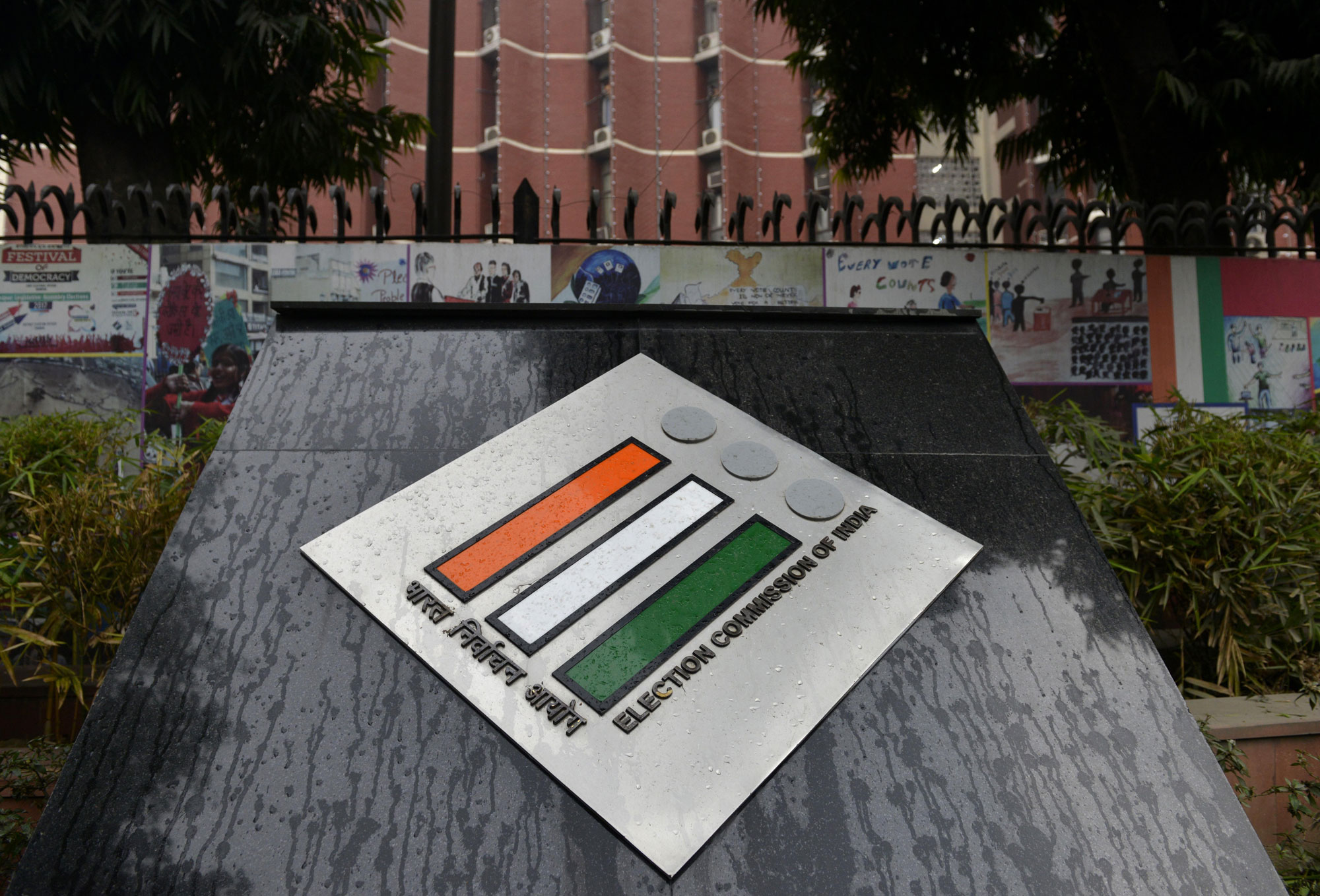Two former chief election commissioners have joined over 100 concerned citizens to urge the Election Commission to monitor the online election spending of political parties and evolve mechanisms to enforce the “voluntary code of ethics” introduced last month.
The appeal, which addresses the commission and the political parties, comes after an effort by multiple stakeholders to engage with the poll panel failed to yield results.
While welcoming the voluntary code, signatory Kamal Kant Jaswal, a retired bureaucrat now associated with the NGO Common Cause, billed it “too little too late’’.
The poll panel has adopted the code for ethical use of social media in connection with the poll process, for instance by ensuring advertisements are displayed on these platforms only after verification by the commission.
Jaswal briefed journalists along with other stakeholders on Friday where all those present stressed the need to make it mandatory for every political party to reveal its official party/individual handles on all major and lesser-known social media platforms.
According to Vipul Mudgal of Common Cause, many of the retired bureaucrats involved in drafting the appeal had engaged with the Election Commission over the conduct of free and fair elections and offered suggestions to rein the digital platforms in.
“The group was assured careful consideration of its recommendations, but there has been little progress in the matter, except for the adoption of a virtually ineffectual voluntary code of ethics mediated by the Internet and Mobile Association of India,’’ he said.
Former chief election commissioner S.Y. Quraishi said the voluntary code marked some progress from the days when digital platforms were not even willing to engage in this conversation, citing free speech. The other CEC involved in the process was N. Gopalaswami.
In the appeal, the signatories stressed the need for greater transparency on digital spending, including the declaration of the identity of those paying for or publishing advertisements.
Also, the signatories said, the Election Commission must direct the digital platforms to aggregate and provide it details of the electoral advertisement/promotion expenditures apart from tracking the monetisation of posts and the specific demographics being targeted by the digital platforms.
The panel, they said, should also caution all major Internet and social media firms that foreign-funded advertisements supporting or assisting political candidates entailed a violation of Indian laws, including the Foreign Contribution (Regulation) Act.
The multiple stakeholders and civil society organisations involved in the exercise include Common Cause, Constitutional Conduct, the Internet Freedom Foundation, Free Software Movement of India and the Association for Democratic Reforms.
The retired bureaucrats involved include former national security adviser Shivshankar Menon, former foreign secretary Shyam Saran, former culture secretary Abhijit Sengupta, former information technology secretary Brijesh Kumar and former diplomat and governor Gopalkrishna Gandhi.
Although social media became a player in Indian elections in 2014, with Narendra Modi leading the charge in this arena, the acknowledgement of the digital monopolies’ ability to distort the poll process came later.
First came the Cambridge Analytica scandal, involving the use of Facebook data to generate profiles on millions of users for targeted messaging in the 2016 US presidential elections.
Then, recently in Brazil, allegations surfaced about business interests close to the far-Right candidate and eventual winner Jair Bolsonaro illegally using WhatsApp to send millions of defamatory messages trashing his main rival.











